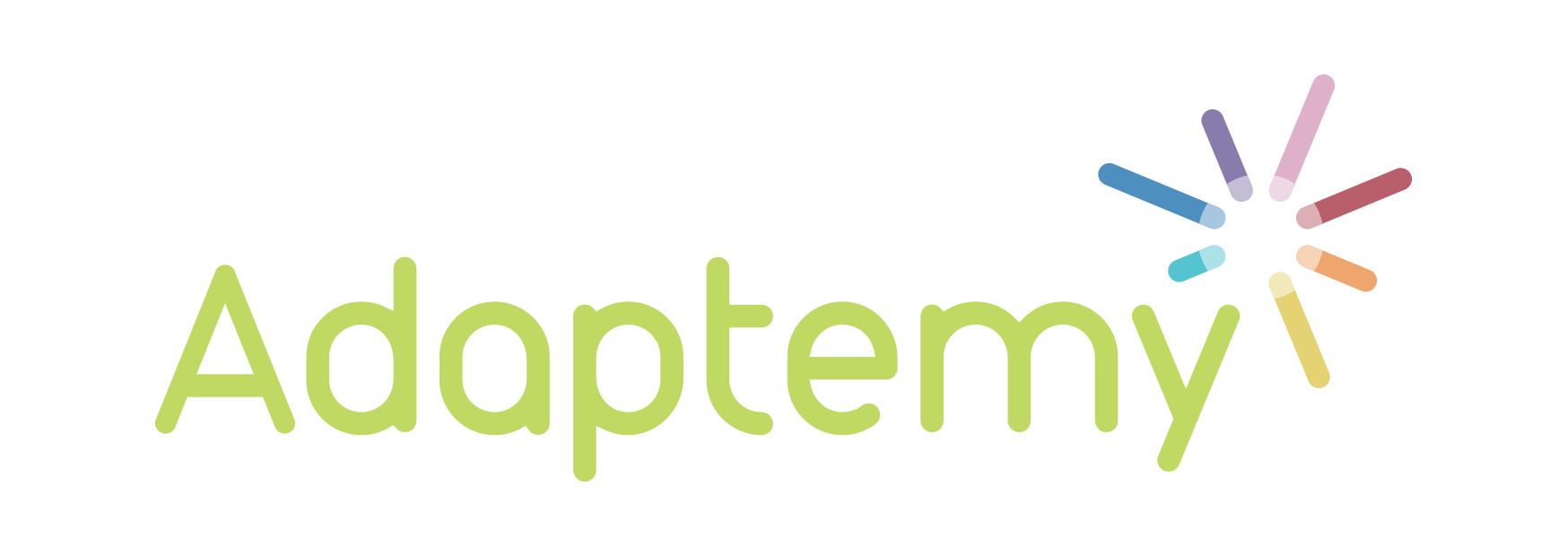
The eBook has been a ubiquitous feature of the edTech landscape since the days of Flash. So, in a month where the CEO of Hachette called the humble eBook a “stupid product”, we’re taking time to review some of the missteps taken with eLearning Tools.[i]
It’s a headline-grabbing quote to be sure but reading deeper: Nourry is lamenting that the eBook is a derivative technology. A digital simulation of an existing solution that falls short of genuine innovation. Lacking the internal resources at Hachette to innovate in the digital space – he’s taking his cue from gaming.
With falling revenues across the board, the long foretold digital revolution is claiming its first victims. Innovation in the digital space is important whether you’re the established leader keeping the barbarians from the gates or whether you’re the barbarian sharpening the axe.
Infrastructure
While there’s growing evidence that the “first digital divide” has been reduced across Europe – it hasn’t been closed completely.[ii] Anyone who has visited a school without its own groundskeeper will recognize that technical infrastructure remains a key blocker. eLearning solutions that cannot function on the lower rungs of the infrastructural ladder will stall quickly: the latest tech gimmick gathering dust in the corner of the classroom.
Trust and Risk
Reducing the digital divide is the result of a concerted and explicit series of national and European programs of investment over many years. Investment in training has been poor by comparison. When a teacher stands in front of a classroom of students they are taking a risk: Will their lesson go to plan? If not, can they improvise? Can they manage the classroom and avoid teaching to the middle?
In this context – who in their right mind would take the risk of adding in the possibility of technical problems? It’s hardly surprising that ‘Reliability’ and ‘Simplicity’ feature so heavily in focus groups with our teachers. You need a partner that can guarantee the stability of service at scale. You also need to develop products that have simplicity in the interface. Yes, even if that means fighting with your product owners to have fewer features.
Role Play
There’s considerable appetite for more training but the role of the teacher in the Digital Classroom is still underdeveloped in teacher training programs. Although we could reasonably expect this to improve in the future – teachers can feel vulnerable, exposed or even intimidated by new technology rendering them obsolete.
You need to be crystal clear about the role of the teacher in the delivery of learning using your technology. If you cannot understand and communicate the teacher’s (and for that matter the students’ / parents’ / schools’ administrators) role in your eLearning solution – how can they?
Genuine Innovation
eBooks, of course, are not inherently good or bad, stupid or smart: Nourry could just as well be talking about any other derivative technology (Interactive Whiteboards spring to mind for me). It’s the unfulfilled potential that this opening horizon offers that resonates with me and the team here at Adaptemy.
The bad news is that succeeding in the above is only the price of admission. If you are still struggling with these problems, there are a growing number of companies that can build you an app that might help.
But, if you believe that eLearning partnerships can create Smart products that solve the more interesting problems like:
– Personalizing the Digital Experience.
– Measurably Improving Engagement, Motivation and Retention.
– Empowering teachers with actionable information.
– Making teaching the best job in the world again.
[i] https://publishingperspectives.com/2018/02/france-arnaud-nourry-describes-ebooks-as-stupid/
[ii] http://publications.jrc.ec.europa.eu/repository/bitstream/JRC109311/jrc109311_digedupol_2017-12_final.pdf#page=13




